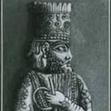Thomas Yaeger's Blog, page 16
August 24, 2017
An interview with Thomas Yaeger
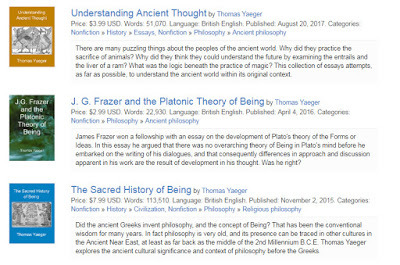
As published at Smashwords, August 24, 2017. It is an updated version of the one which was uploaded in November 2015.
What are you working on next?
I've just finished 'Understanding Ancient Thought' (published August 20, 2017), which is intended as a companion of sorts to 'The Sacred History of Being' (published in 2015). It is much more discursive in style, and (I think) an easier read. I'm now working on a volume which looks at the same body of ideas, but within a later time frame. It is an i...
Published on August 24, 2017 05:40
August 20, 2017
Current Books by Thomas Yaeger
'Understanding Ancient Thought' is now available (August 20 2017) from Itunes, Barnes & Noble, Blio, Inktera, Rakuten, Smashwords, and other major ebook retailers.
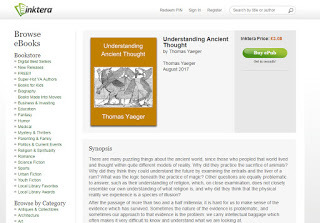
'Understanding Ancient Thought' is the third of a quartet of books concerning the antiquity of philosophy, and its connection with divine cult in the ancient world. The fourth book of the quartet is expected to be available sometime in 2018. The title will be announced shortly.
A chapter list for Understanding An...
Published on August 20, 2017 06:44
August 18, 2017
Retailers carrying 'Understanding Ancient Thought' (2017)
Below is a selection of screenshots from retailer sites. These are Itunes, Rakuten Kobo, Rakuten (Japan), Livraria Cultura (Brazil), and Barnes & Noble for North America. The book will be available on August 21. Some sites are offering it for pre-order, though not all sites do this. The book will appear on other sites, such as Blio, from the 21st. The book will also be available (on the 21st) directly from Smashwords, my principal distributor.
A chapter listing complete with chapter...
Published on August 18, 2017 09:59
August 9, 2017
The Splendor of Totality
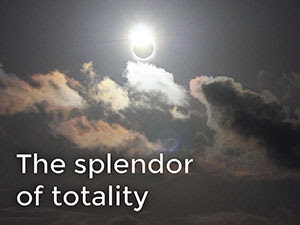
The announced date for the publication of Understanding Ancient Thought is August 29. The date was picked initially to allow me plenty of time to fix any formatting problems, to allow the distributor Smashwords time to review the book visually, and to acquire an ISBN for the ePub version.
In fact there were no formatting issues at all with the book (by the time you've got to your third one you've got the hang of the process); the ISBN arrived within minutes of the request, and the book was vis...
Published on August 09, 2017 09:00
July 22, 2017
Concerning Cult Images
The following text was an appendix to the 2004 draft of what became The Sacred History of Being. Some informative texts from antiquity (such as this one) survive in part as quotations by other writers. In this case the original author was Porphyry, and it was quoted in an extensive work (the Preparation for the Gospel) by the industrious christian apologist Eusebius in the 4th century C.E. As I've shown elsewhere, Porphyry knew about the doctrine of wholes and totalities also understood by Py...
Published on July 22, 2017 15:17
July 20, 2017
What is Sacred, and what is Profane?
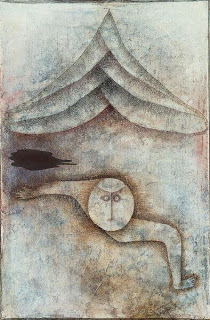
Questions which underpin the ancient world view:
The first question is the most profound of all, which is: why is there something rather than nothing?
How can the existence of the physical world be explained? It has patterns of behaviour (natural laws), but it is not clear where both the physical reality and its patterns of behaviour originate, and what sustains both.
A second question concerns the nature of the reality which underpins the reality of the physical world. Is it itself, or is its...
Published on July 20, 2017 04:13
July 17, 2017
The significance of the chapter on Plato's theory of Being
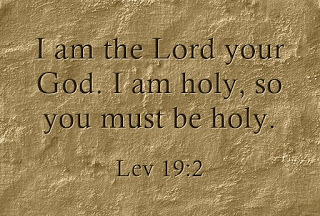
One chapter in The Sacred History of Being is particularly difficult to understand as presented. It is the way it is because it concerns an argument by Plato concerning the nature of reality, and whether or not divine things can have a presence in the world. It also concerns how such a presence should be understood. The chapter is an assemblage of Platonic argument, scattered through a number of dialogues. I'm not aware of any other attempt to reconstruct Plato's discussion of the natur...
Published on July 17, 2017 12:44
July 4, 2017
The World Turned Upside Down
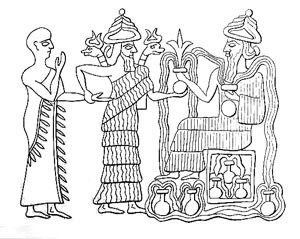
People believe many of the things they believed in antiquity, but the frame which gives them meaning has shifted.The modern approach to understanding is to deal in discrete and measurable entities, and their combinations. In the ancient world, they were more interested in understanding the part in relation to the whole. How this reversal came about is complex, and the process is not yet complete. The ancient world view is essentially a teleological perspective, in which the final cause of eve...
Published on July 04, 2017 10:53
June 30, 2017
Intentionality, Conjecture, and what is Holy
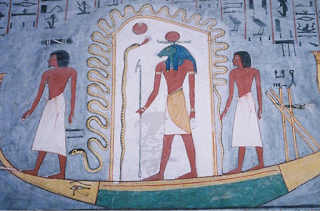
This is a suppressed chapter (to use the jargon) from The Sacred History of Being (2015). I removed it, together with some other chapters along the way, in order to focus the argument of the book more tightly. It looks at the role of intentionality in establishing commerce with the Divine, and the essentially phenomenological nature of how the Divine is both made and known by us. It draws parallels between the creation of gods in antiquity, and the setting up of saints in Heaven. Both represe...
Published on June 30, 2017 07:13
June 28, 2017
Leibniz on the Existence of God

Leibniz wrote:
Although I am for innate ideas, and in particular for that of God, I do not think that the demonstration of the Cartesians drawn from the idea of God are perfect. I have shown fully elsewhere (in the ‘Actes de Leipsic,’ and in the ‘Memoires de Trevoux’) that what Descartes has borrowed from Anselm, Archbishop of Canterbury, is very beautiful and really very ingenious, but that there is still a gap therein to be filled. This celebrated archbishop, who was without doubt one of the...
Published on June 28, 2017 07:23

